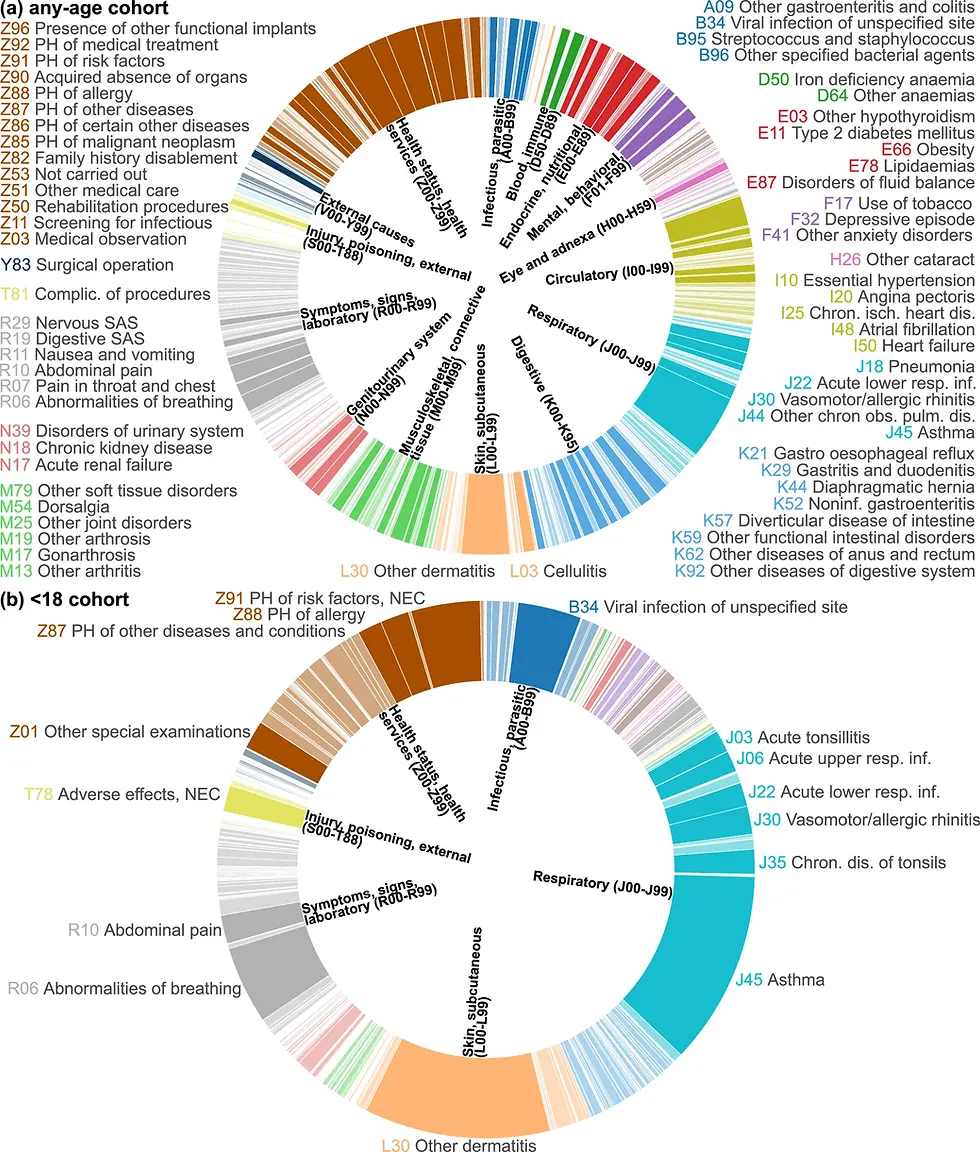Eczema, other inflammatory conditions may increase post-surgery complications
- John Evans
- Nov 7, 2025
- 2 min read

Two new studies presented at the 2025 Annual Scientific Meeting of the American College of Allergy, Asthma and Immunology (ACAAI) show that people with eczema or allergic conditions may face more problems after certain types of surgery. The research suggests that the inflammation and immune system changes that come with these conditions can make it harder for the body to heal and may increase the risk of infection after surgery.
In one large study, researchers evaluated data on more than 20,000 women who had breast reconstruction after cancer surgery. Those with eczema, other forms of dermatitis, or other allergic skin conditions were more likely to have complications with their breast implants—including infections, scar tissue buildup (called capsular contracture), and implant rupture—than women without these conditions.
Over the three years following surgery, patients with atopic skin disease were also more likely to need implant removal or additional surgeries to fix problems.
“People with eczema or similar skin conditions already have more sensitive skin and a higher level of inflammation,” said Philong Nguyen, BSc, lead author of the study, in a press release. “That seems to make surgical healing more difficult and increases the chance of infection.”
In a second study by some of the same investigators, researchers examined more than 38,000 adults who had bone graft surgery, often used to repair or rebuild bone. Those with eczema and allergic conditions such as asthma or hay fever had higher rates of infection, osteomyelitis, and the need for additional surgery to remove or replace implants.
“Even two years after their initial surgery, people with atopic conditions were still more likely to have problems like infection or implant loosening,” said Joshua Wang, MSc, lead author of the study, in the release.
“These results suggest that allergic conditions can affect the body’s ability to heal after surgery—not just in the skin, but in the bones as well.”
Authors of both studies agree that awareness of this risk may inform preoperative counselling and prompt more vigilant postoperative monitoring in this patient population.




Comments